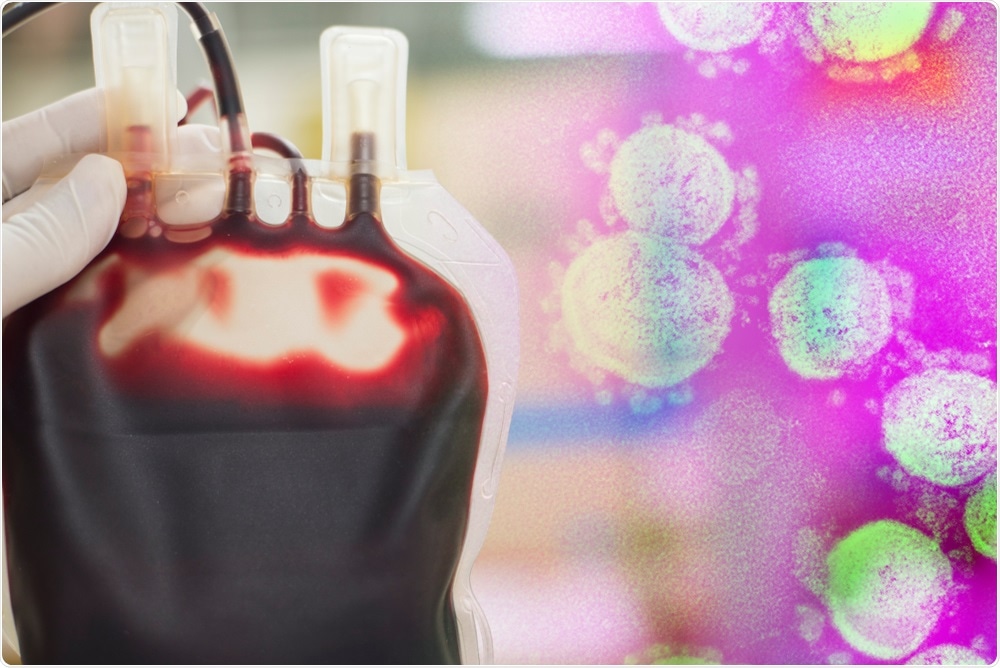Unfortunately, it won't let me read the article without a subscription.
Are they calling in covid positive staff to work? The other articles that I can find on-line say,
"Rhode Island's Department of Health has said that hospital and nursing home staff who test positive for COVID-19 can return to work to solve a staffing crisis if needed." The key for now seems to be,
IF NEEDED.
From Becker's Hospital Review today (sorry I can't post a link),
The Rhode Island Department of Health updated COVID-19 quarantine and isolation guidance Dec. 31, allowing asymptomatic healthcare workers who have tested positive to work without restriction in staffing "crisis" situations, as long as they wear N95 masks.
The guidance depends on a number of factors, including infection status, vaccination status and staffing status at specific facilities. In crisis situations, fully vaccinated and boosted workers have no restrictions while unvaccinated workers who have received religious exemptions can work with prior considerations.
Upon changing staffing categories, healthcare facilities must notify the department by reporting to the Center for Health Facility Regulations. Hospitals and skilled nursing facilities shifting from "contingency" to "crisis" staffing must also post their staffing status and an explanation on their websites or other public-facing platforms.
"Facility administrators should be using their clinical judgment in making staffing decisions," Health Department spokesperson Joseph Wendelken told The Providence Journal on Jan. 1. "For example, a facility may opt for a COVID-19 positive worker to only care for COVID-19 positive patients."
The one thing that the articles do not seem to mention is why there is a staffing shortage? Could be, in part, to to vaccine mandates, but it could also be skyrocketing covid cases, healthcare worker burnout, heathcare workers deciding to retire, or folks tired of working in nursing homes for crappy wages.
Jim


